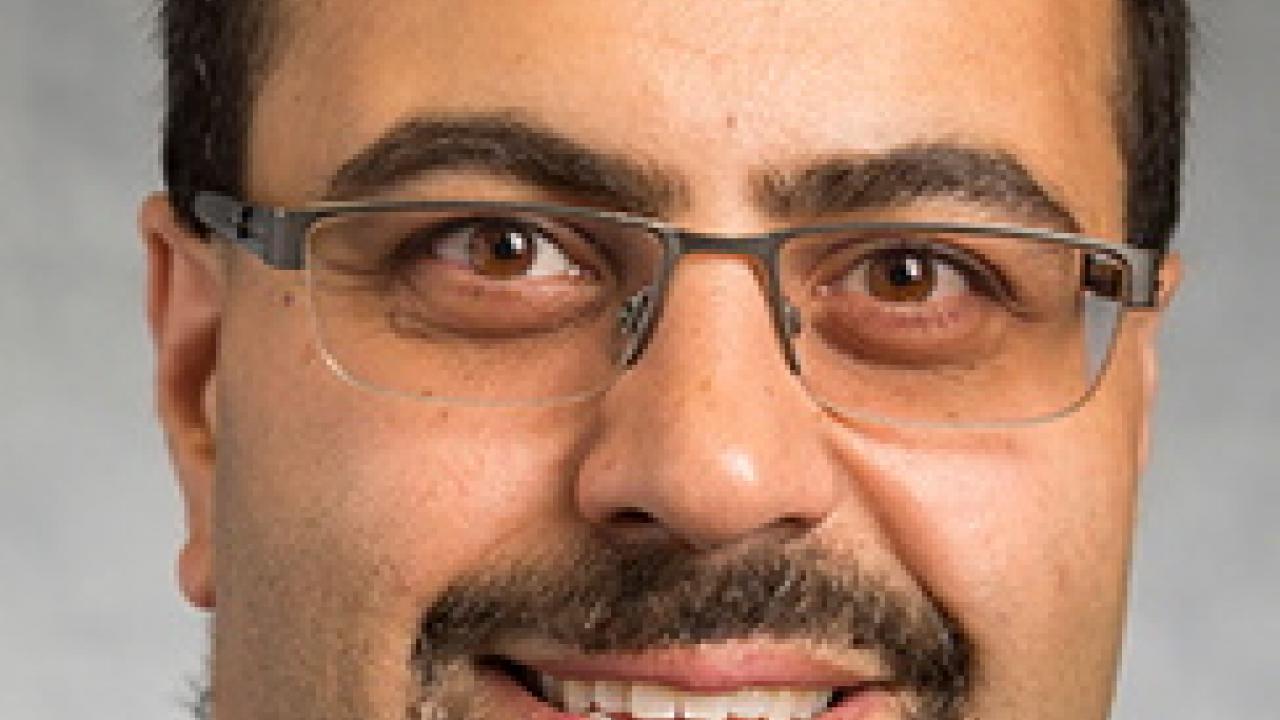
Event Date
ALIK WIDGE, MD, PHD
PI, Translational NeuroEngineering Laboratory
Assistant Professor of Psychiatry
University of Minnesota
Abstract
Mental disorders arise from brain circuit dysfunctions, but most of our treatments target the whole brain rather than defined circuits. Deep brain stimulation (DBS) is a more circuit-directed approach that has done well in movement disorders, but has very mixed results in randomized clinical trials for mental illness. Part of the difficulty is that psychiatric DBS is delivered in a trial-and-error fashion, without clear evidence that it engages the target circuits. I will present results along two lines: developing better biomarkers to guide that target engagement, and designing new stimulation protocols that reliably produce circuit-level physiologic change. In biomarkers, we have identified ways in which DBS can augment top-down executive function and have linked those changes to cortical electrophysiology. In animals, we have demonstrated new stimulation techniques that change specific aspects of circuit connectivity, and one of those designs has now come full circle into a novel human clinical trial. Taken together, these offer the prospect of a new generation of rationally designed brain stimulation therapies.
Bio
Alik Widge, MD, PhD is a brain stimulation psychiatrist and biomedical engineer. He is an Assistant Professor of Psychiatry at the University of Minnesota, where he directs the Translational NeuroEngineering Lab. Dr. Widge completed his MD at the University of Pittsburgh, his PhD in Robotics at Carnegie Mellon University, psychiatry residency at the University of Washington, and fellowships at Massachusetts General Hospital and the Massachusetts Institute of Technology. His research focuses on brain stimulation for severe and treatment-resistant mental illness, with particular
emphasis on deep brain stimulation and related implantable technologies. Dr. Widge's recent work has demonstrated new algorithms for closed-loop brain stimulation and stimulation methods for modifying connectivity in the distributed circuits of mental illness. His laboratory studies rodent models for prototyping these new technologies and human patients to identify biomarkers and targets for future intervention. He also co-leads programs to design new neurostimulation technologies in the central and peripheral nervous systems, to evaluate technologies for safety and efficacy in humans, and to improve the quality of clinical biomarker research nationwide.
This event has both in-person and remote options. Please register at this link:
